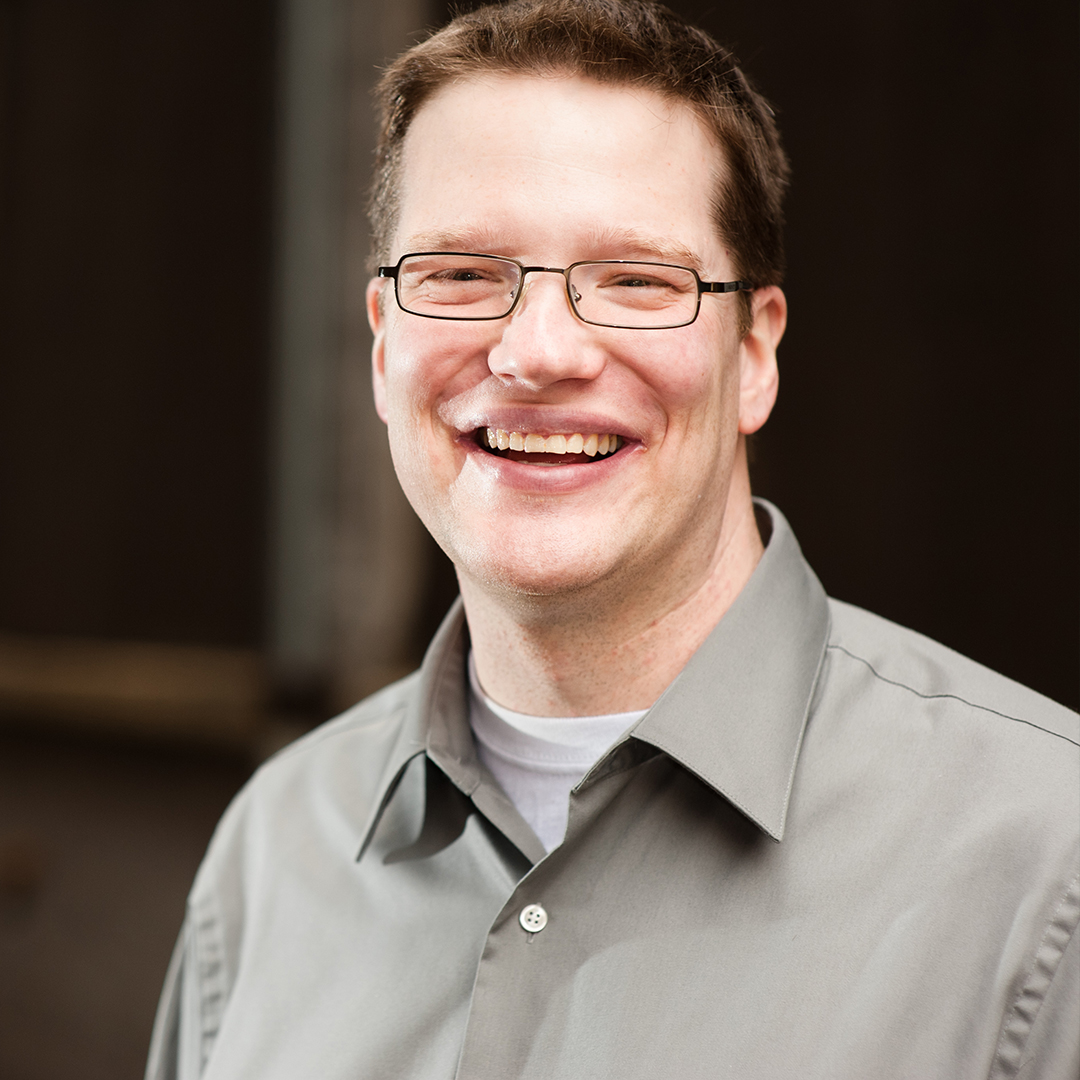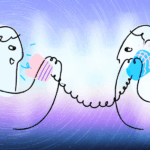By Jeff Finley
What can the church do to help people be free of demonic possession and other spiritual oppression?
That question isn’t easy to answer for many Christians because their churches don’t have much to say on finding freedom from demonization. Chris Misciagna — the lead pastor of New Life CNY in Liverpool, New York — is working to change that through studying how the church can effectively help people live out a question often asked during baptism: “Do you renounce the devil and his works?”
“About a year and a half ago, I bumped into a podcast by a Catholic exorcist named Chad Ripperger, and in the podcast he was sharing about the extreme increase [in exorcism requests] that the Roman Catholics have seen,” said Misciagna during a conversation with Brett Heintzman on a new episode of “The Light + Life Podcast.” “He talked about exorcism as not as supernatural as we see on TV, but it’s really hard work.”
The discussion connected with Misciagna, a former union electrician in the construction industry.
“I’m kind of a blue collar guy, so the idea of it being something that involves hard work seemed to resonate with me,” said Misciagna, a Free Methodist elder who began looking for more information and discovered there aren’t many denominational resources on the subject. “Most of what I found was either in the Roman Catholic Church or in a Reformed setting, and we’re different.”
Misciagna is trying to take what he’s learning from other theological traditions and apply it to the Free Methodist Church’s Wesleyan theological perspective.
“Something that I’m kind of working on is: OK, how do we deal with people who are in some ways afflicted by demonic forces, and how do we give them pastoral care and deliverance in a Free Methodist setting?” he told Heintzman.
_
“The demand on the Catholic dioceses for people schooled in deliverance and exorcism has just grown incredibly over the last few decades.” – Chris Misciagna
_
Trained in Rome
Some Free Methodists or other Protestants may be surprised that Misciagna has especially turned to Catholic sources.
“The reason why I sought training with the Roman Catholics is there’s not much training anywhere else,” he explained. “They began a school in the early 2000s over in Rome through the University of Europe, and it’s directly associated with the Vatican. They started the program because of their need for exorcists. The demand on the Catholic dioceses for people schooled in deliverance and exorcism has just grown incredibly over the last few decades.”
Misciagna applied for an exorcism training course in Chicago, but he was rejected because it was limited to Catholic priests. He ultimately received approval for training in Rome that included people in lay ministry. What was once a three-month seminary class has become an intense seven-day course because of the high demand for exorcism training. He was one of only five Protestants among the 287 people being trained in deliverance, prayer, and exorcism.
“You needed to get a letter of recommendation from a parish priest and a bishop,” he said. “I was confirmed as a Roman Catholic when I was 16 years old, so that kind of gave me some in with my local Roman Catholic priest and bishop, and they gave me a letter of recommendation.”
Despite significant theological differences on some issues, Misciagna said he agrees with the Catholic emphasis on the urgent “need for trained people to deal with these supernatural manifestations.”
People increasingly are open to seeking help for possible cases of demonic possession.
“It used to be the most secretive name in a diocese was the exorcist. Now it’s the most clicked-on on their websites. The demand on them is huge,” he said. “The takeaway that I got is just the mature, comprehensive way they approached the topic of deliverance or exorcism.”
_
“An exorcist is not acting under the exorcist’s own discernment and power. The exorcist is performing a church function.” – Chris Misciagna
_
Relationship and Discipleship
Rather than the Hollywood portrayal of exorcisms with waving hands quickly and casting out a demon, Misciagna said the Roman Catholic Church has “a huge vetting process” for a person who comes to the church “manifesting some kind of supernatural interaction with the diabolical. … They check them. They bring them through psychological evaluations. They have a team of people. They immediately associate and assign the person intercessors, and the church comes around them where they begin a relationship with that person. It’s not magic.”
The psychological evaluation matters because the exorcists “totally believe in the supernatural, but they also believe that people with mental illness can be misdiagnosed, and they don’t want to do that,” Misciagna said.
Instead of a fast interaction, “they begin to build a relationship with that person, Christ, and His Church, and the last thing they do to that person is an exorcism. They bring them through a very extensive discipleship program where they make sure they’re committed to Christ. They make sure that they’re invested in a Christian community. They make sure the community is investing in them.”
Misciagna also appreciated the emphasis on Scripture rather than taking matters into their hands as though they are Jesus themselves. He said some Protestants “think, ‘Well, if Jesus did it, I can do it.’ Sorry, we’re not Jesus.”
Instead of acting as if we are Jesus, “we should actually approach the Scriptures as the people dealing with the demonic problems,” Misciagna said. “Yes, Jesus has given us power. There is power to cast out demonic things, but … we don’t have the same level of power. Jesus said to Peter, ‘Put away that sword. Don’t you know I can call down 12 legions of angels?’ I can’t call down 12 legions of angels.”
He learned an exorcist is not acting under the exorcist’s own discernment and power. Instead the exorcist is performing a church function.
Misciagna is thankful to be part of a denomination with “safeguards. We have accountability. When you get involved in something like this, I think the last place you want to be is on your own. I sure don’t. I will not get fully involved in this ministry unless I have the blessing and direction of my leadership and my bishop.”
Click here for the full conversation on “The Light + Life Podcast.”
+

Jeff Finley is this magazine’s executive editor. He joined the Light + Life team in 2011 after a dozen years of reporting and editing for Sun-Times Media. He is a member of John Wesley Free Methodist Church in Indianapolis.










